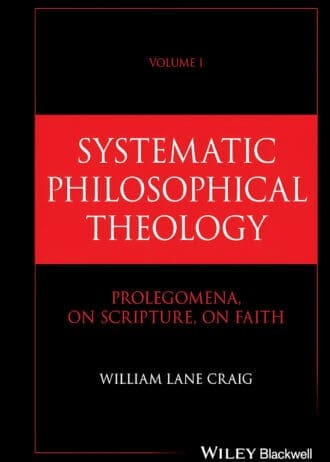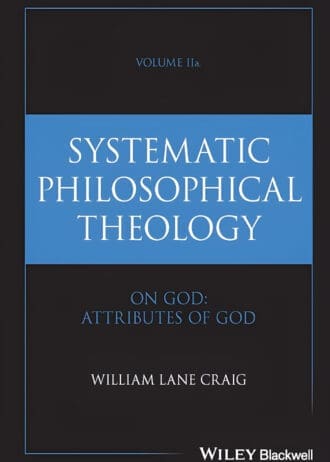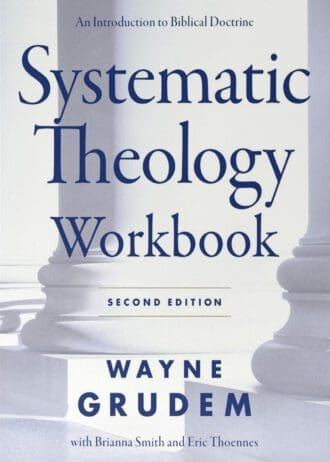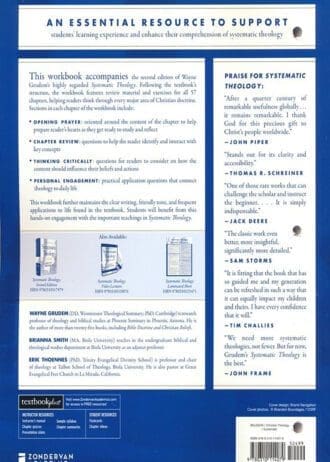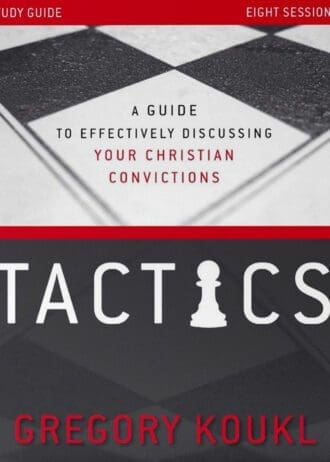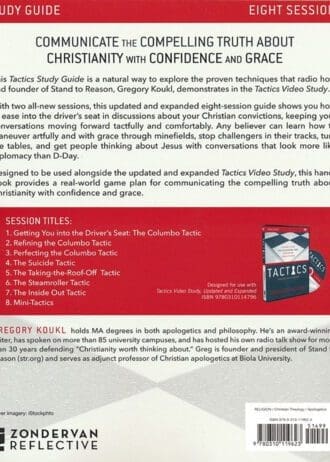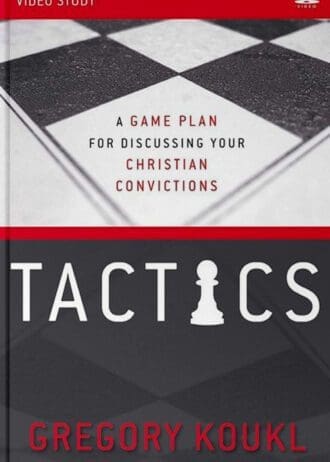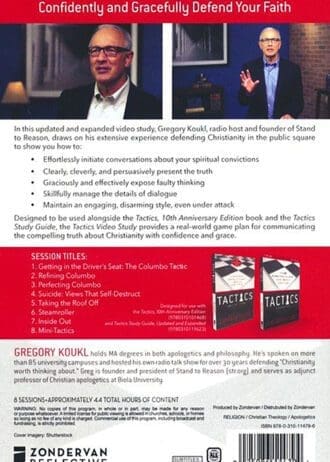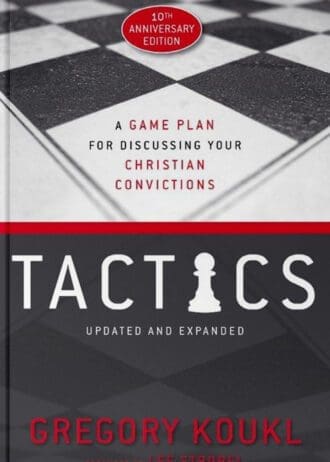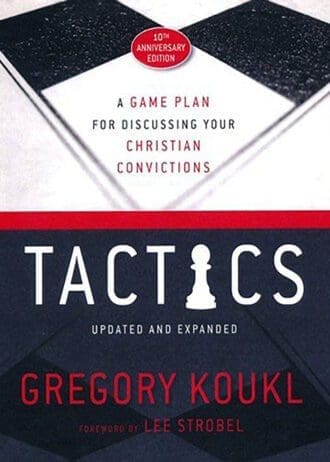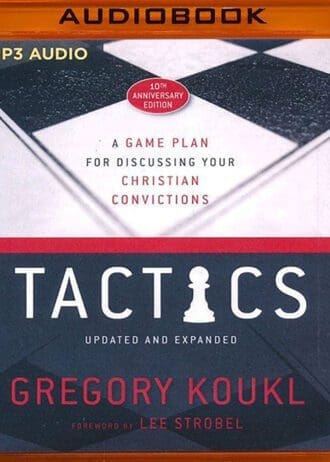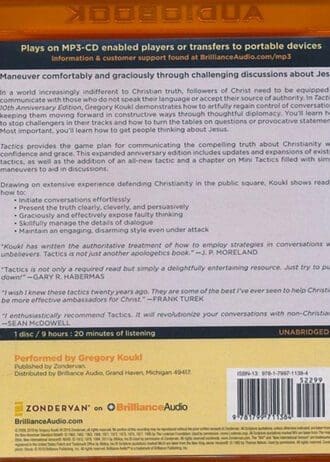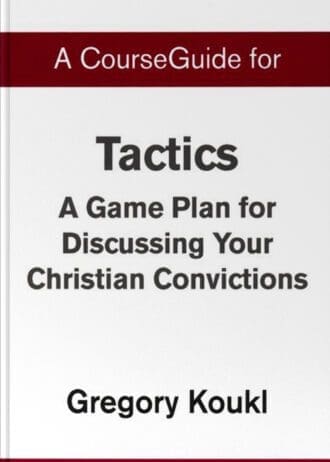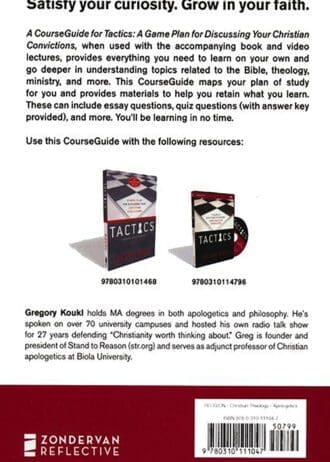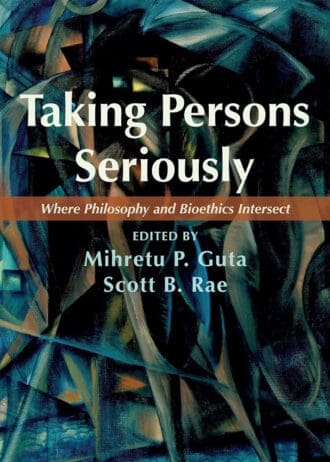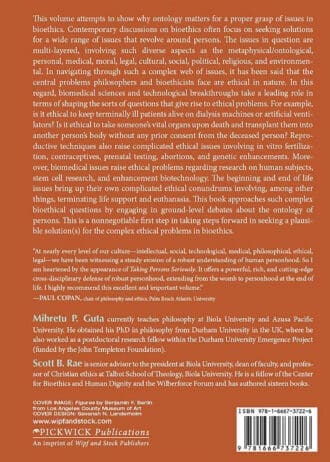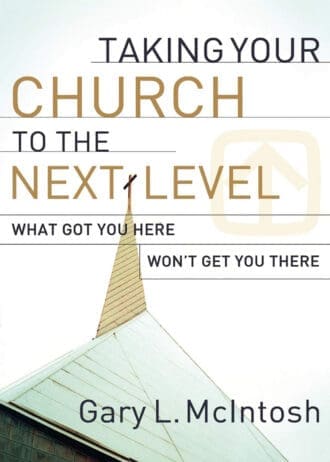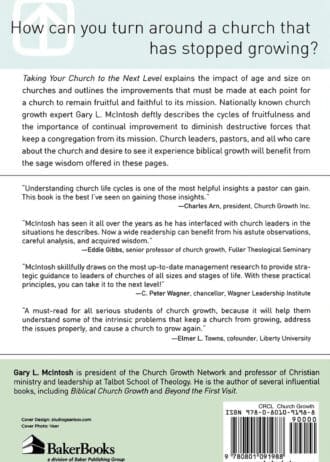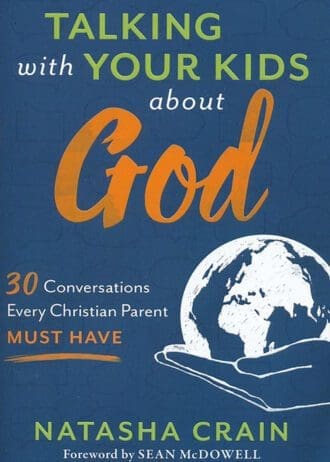Systematic Philosophical Theology, Volume 1
William Lane Craig’s Systematic Philosophical Theology is a multi-volume explication of Christian doctrine in the classic Protestant tradition of the loci communes as seen through the lens of contemporary analytic philosophy. Uniquely blending the disciplines of biblical theology, historical theology, and analytic theology, these volumes aim to provide readers with a biblical and philosophically coherent articulation of a wide range of Christian doctrines. In the first volume of the series, Prolegomena, On Scripture, On Faith, Craig begins by introducing his conception of systematic philosophical theology, describing how it relates to biblical theology, dogmatics, fundamental theology, apologetics, and especially philosophy of religion. The chapters that follow defend the divine authority of Scripture, address the nature of faith, and discuss the rational justification for Christian faith. Throughout the text, Craig tackles cutting edge philosophical questions that arise naturally from Christian doctrine, such as the compatibility of biblical inspiration and human freedom and whether faith implies belief.

